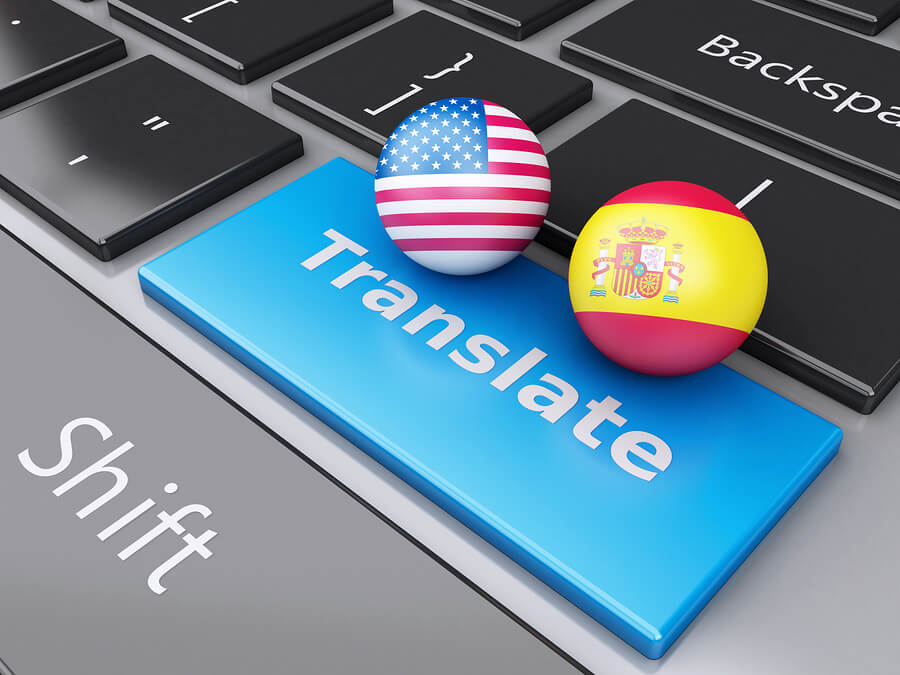China is progressing so fast as a country that even companies in Britain see it as a lucrative prospect. It is experiencing an increase in population, which in turn means an increase in potential consumers. Also, what is particularly important for British industries is the demand for the more luxurious end of the market.
One particular problem is communication and with China having a huge population, it’s even more important that a global translation company trains and markets translators who know and understand well all the different Chinese languages. Once you have a good understanding of Chinese culture and at least some words of Chinese language it will make communication easier.
Greetings are important for translation services
If you are a translation company trying to work your way into the Chinese market first impressions are very important so getting to know the Chinese expressions for greeting Chinese people moves you in the right direction. Smiling and simply nodding are acceptable and common greetings when a meeting starts. Some of the more common greetings found in a meeting environment include ‘hěn gāoxìng rènshí nǐ’. This means ‘nice to meet you’, and the word ‘jiǔyǎng’ is a formal expression which means ‘I`ve long been looking forward to meeting you’. Without a doubt, Chinese business people normally are appreciative when foreign guests try to speak in Chinese.
Using the right words is important in a Chinese culture
Many people from China like positive comments, particularly about their culture and country, but they don’t like to discuss politics. This means if you have an advertising campaign you wish to use in China it should be ultimately straightforward avoiding any controversies.
Keep your cool in business interactions
Even if you aren’t happy about a business outcome, you should not show it, but remain cool, calm and collected.
Business meetings with Chinese counterparts
There is a general trend globally to use digital formats in business meetings, but this is not what Chinese businesses prefer. They still like to see all information in a hard copy so they can make their own decisions. Also, you can’t expect to gain a good, firm relationship in just one meeting this will only develop over time.
Emotional responses are not approved in a Chinese context
Showing emotions won’t endear you to a Chinese business person, so they are best avoided.
The opportunities for translation services in the Chinese context are great as business people need to understand and communicate with their audience as effectively as possible.



